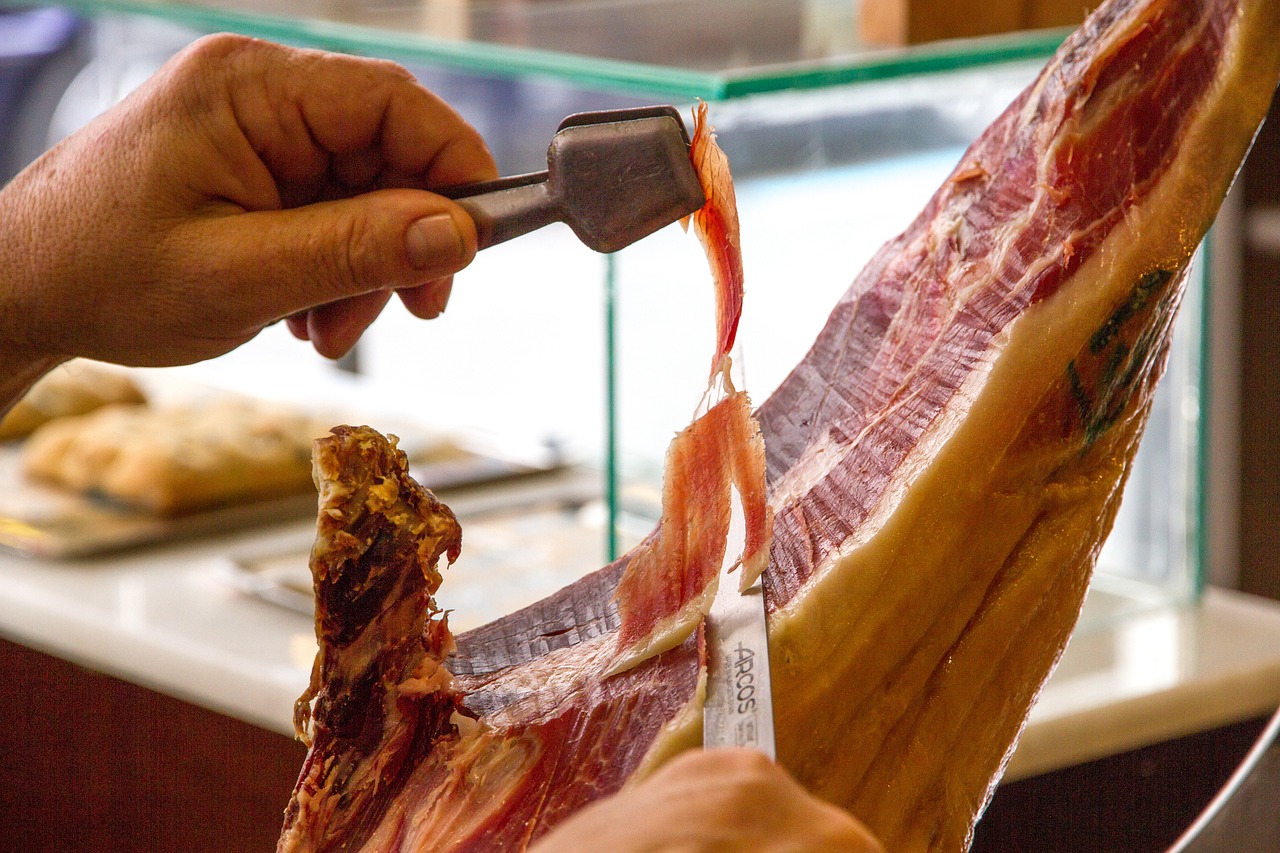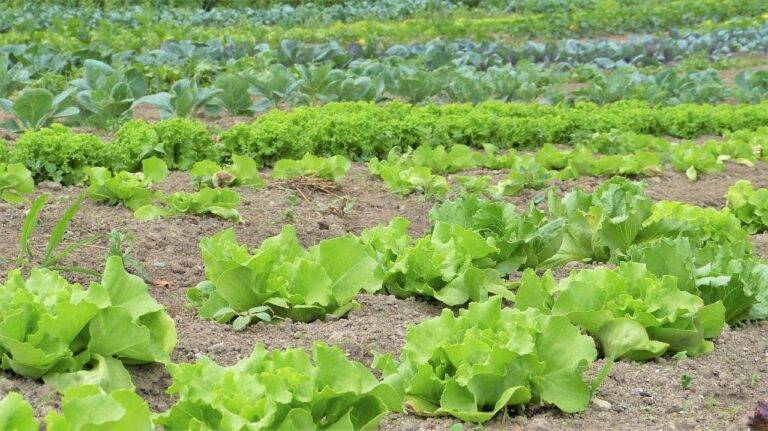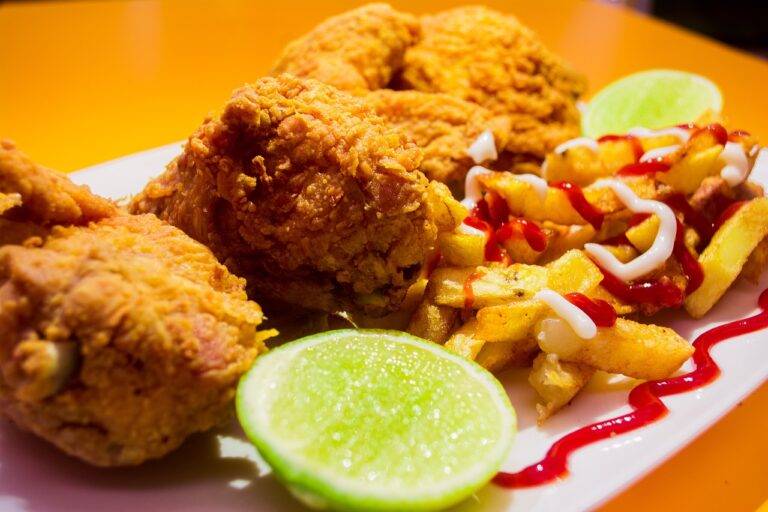The Role of Food in Identity Formation: Ethnic Cuisine and Beyond
Traditional dishes play a pivotal role in preserving cultural heritage and passing down traditions from one generation to another. These dishes are not merely about sustenance but also serve as a medium through which stories, values, and customs are shared within a community. Each ingredient and cooking method carries with it a history that connects people to their roots and fosters a sense of identity and belonging.
Moreover, traditional dishes often serve as a reflection of the local environment, climate, and available resources, showcasing the ingenuity and adaptability of a culture in utilizing what is abundant in their surroundings. The preparation and consumption of these dishes are imbued with meaning, rituals, and symbolism that go beyond the mere act of eating, reinforcing the importance of food in cultural practices and social gatherings.
Exploring the Connection Between Food and Heritage
Food plays a crucial role in preserving cultural heritage across generations. Traditional dishes not only nourish the body but also serve as a powerful link to our past, carrying memories and stories of our ancestors. Through the preparation and sharing of these foods, we honor our roots and pass down important cultural practices to future generations.
The flavors, ingredients, and cooking techniques found in traditional dishes provide a glimpse into the history and values of a particular culture. Each dish tells a unique story, reflecting the geography, climate, and traditions of a community. By savoring these authentic flavors, we not only connect with our heritage but also gain a deeper appreciation for the diversity and richness of different cultures around the world.
How does food play a role in preserving cultural heritage?
Food is often passed down through generations, with recipes and cooking techniques reflecting a community’s history and traditions. By continuing to prepare and enjoy traditional dishes, people can maintain a connection to their cultural roots.
Can food help us learn about different cultures?
Absolutely! Exploring different cuisines allows us to experience the flavors and ingredients that are important in various cultures. It can also provide insight into the values and beliefs of a particular community.
Why is it important to preserve traditional dishes?
Traditional dishes hold a wealth of cultural knowledge and history. By preserving these recipes and cooking methods, we can ensure that future generations have the opportunity to connect with their heritage and appreciate the diversity of culinary traditions.
How can I incorporate my cultural heritage into my cooking?
You can start by researching traditional dishes from your cultural background and experimenting with different recipes. You can also seek out local ingredients that are commonly used in your heritage’s cuisine to add an authentic touch to your cooking.





